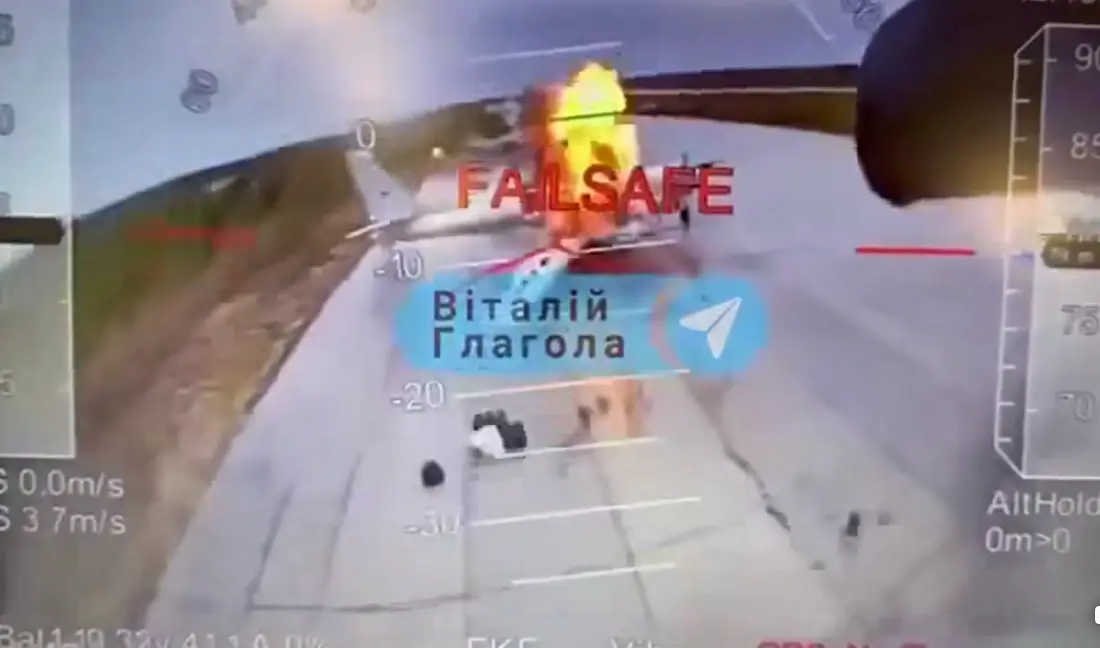It is a message that makes even the most war-weary news cycle pause: On June 1, 2025, Moscow requested urgent consultations with the United States. The reason? An attack on Russia's strategic nuclear forces. What may at first seem like a diplomatic ritual is in fact a deeply unsettling signal: the red line of nuclear deterrence has at least been grazed – if not crossed.
The trigger for this development is an unprecedented Ukrainian operation, carried out under the name "Operation Spiderweb," which attacked multiple Russian air force bases deep inside the country in several waves. The primary targets were Tu-95 and Tu-22 bombers, both of which are platforms with strategic nuclear capabilities.
According to Ukrainian sources, more than 40 of these aircraft were destroyed or severely damaged. What makes this especially explosive: the attacked bases in Belaya (Siberia) and Olenya (Murmansk) are considered core components of Russia's nuclear triad. An attack on them is far more than just a military success – it is a symbolic show of force that directly challenges Moscow's security architecture. That Russia is now calling for consultations with the United States is not just a Cold War reflex. It is an admission that even heavily fortified systems are vulnerable – and that the threshold to a serious incident has crept dangerously close. Even more telling is that prominent figures such as @realDonaldTrump, @POTUS, and @SecGenNATO have been included in the diplomatic loop. But what exactly does this escalation mean? On the one hand, it shows Ukraine's operational strength – it is now capable of striking strategic targets at the heart of Russia. On the other hand, it raises a far-reaching question: How will Moscow respond to an attack that affects its nuclear infrastructure – even if it was not carried out with nuclear weapons?
Russia’s nuclear doctrine, last revised in November 2024, explicitly states that conventional attacks may be grounds for a nuclear counterstrike – provided they are classified as existential threats. The room for escalation has never been wider. To make matters worse, Russia is under increasing international pressure. Sanctions against its energy sector – such as those recently debated in the case of Serbia – are likely adding to the Kremlin's unease. The danger lies in the combination of internal control loss, external pressure, and an increasingly revisionist worldview.
Against this backdrop, the current development is not only militarily relevant, but a diplomatic flashpoint. It raises fundamental questions: Is there still a common language of nuclear deterrence? Or are we witnessing the slow dissolution of the very rules that survived the Cold War?
What remains is a threatening silence after the thunderclap. And the hope that diplomacy is not merely a symbolic gesture – but the last defense against an abyss that long ago lost its bottom.
